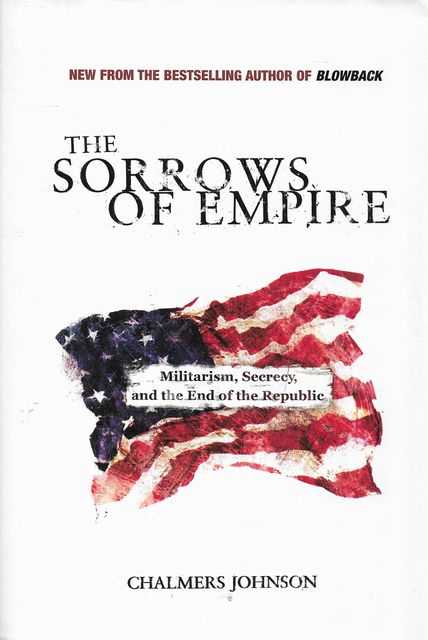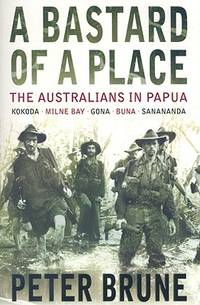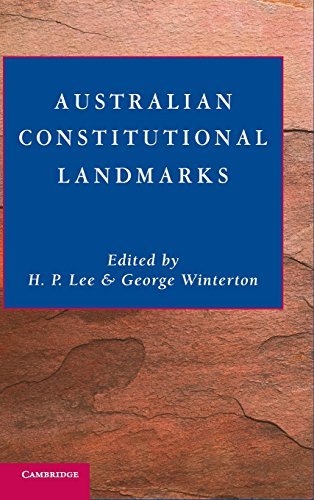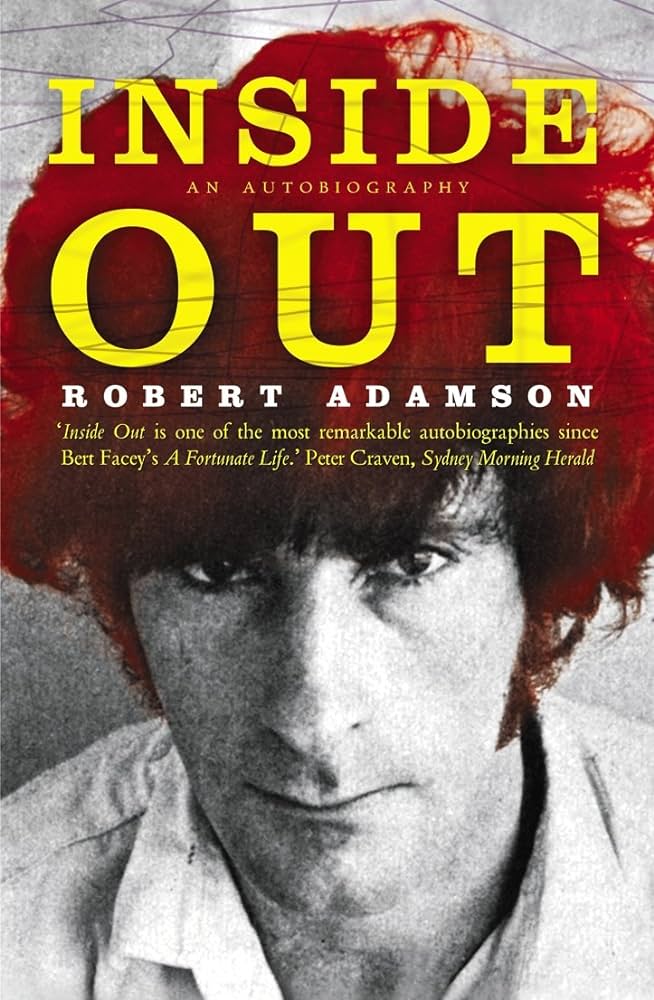Non Fiction
The Sorrows of Empire: Militarism, secrecy, and the end of the republic by Chalmers Johnson
by Dennis Altman •
As Eric Hobsbawn points out in his autobiography, Interesting Times: A Twentieth Century Life (2002), ‘the world needs historians more than ever, especially skeptical ones’. History, however, is not a popular subject in today’s schools. Three of these four books make attempts, variously successful, to engage young readers in a sense of the past. The other is a bizarre compilation of odd details, and could be considered an account of the history of certain sciences; it almost fits into the historical ambit.
... (read more)Off Course: From public place to marketplace at Melbourne University by John Cain and John Hewitt
by Morag Fraser •
A Bastard of a Place: The Australians in Papua by Peter Brune
by Rodney Beecham •
Australian Constitutional Landmarks by H.P. Lee and George Winterton
by Michael Kirby •
Shadow of Doubt: My Father and Myself by Richard Freadman
by Peter Rose •
Beyond the Ladies Lounge: Australia's female publicans by Clare Wright
by Aviva Tuffield •










